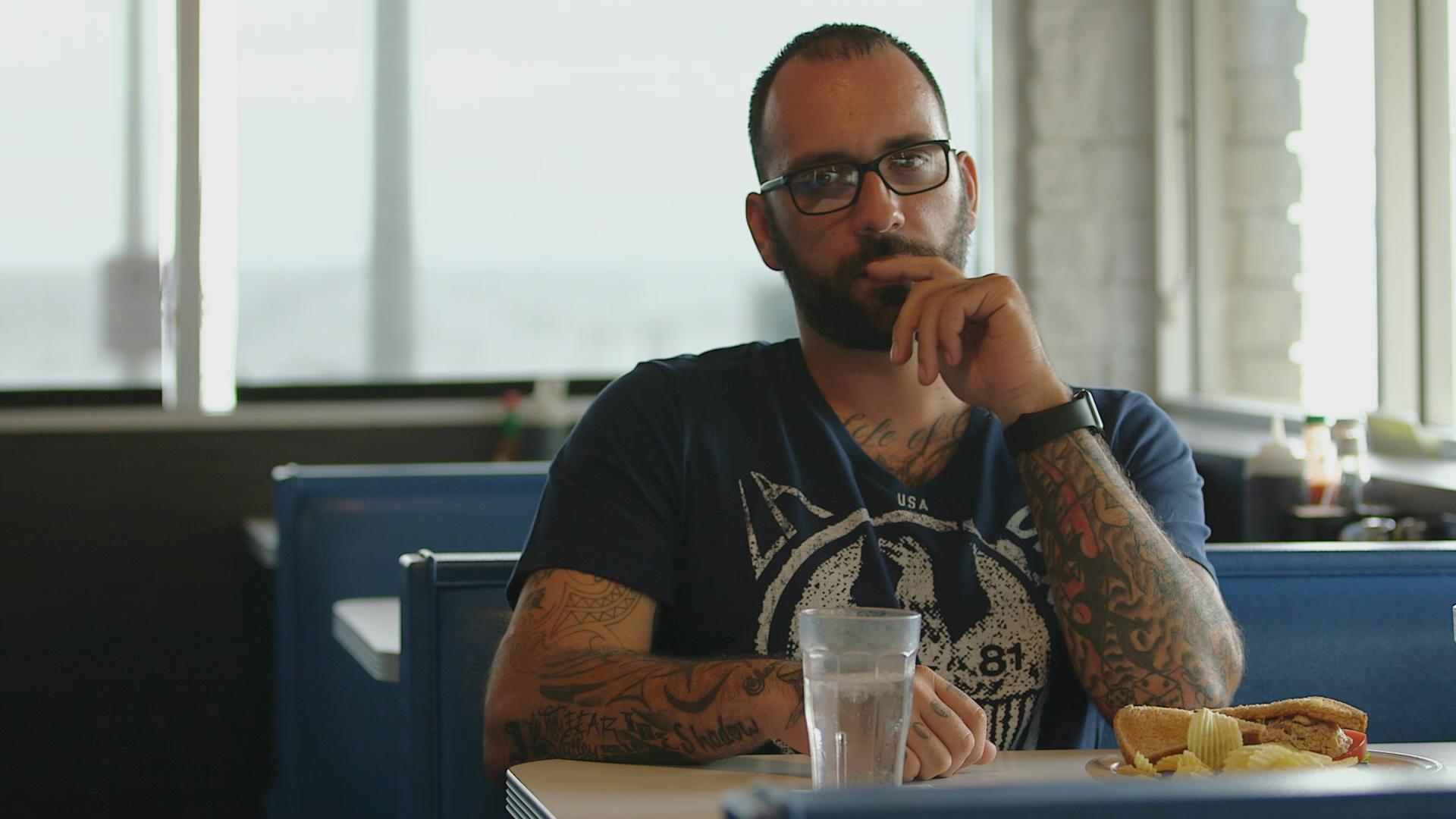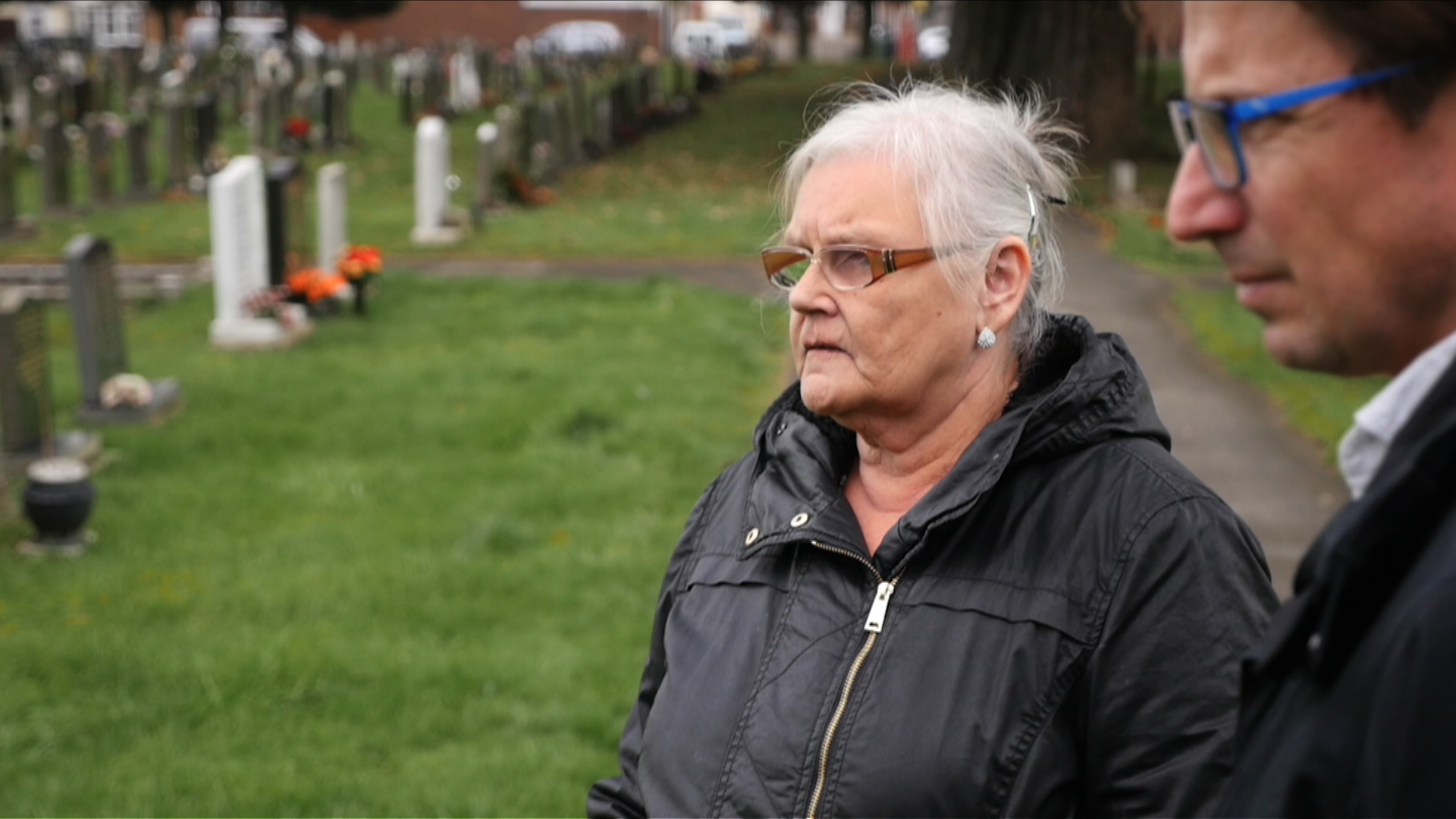Last night's TV: The Scottish Bounty Hunter (BBC1); Primodos: The Secret Drug Scandal (Sky Atlantic)
Two documentaries designed to challenge attitudes

Your support helps us to tell the story
From reproductive rights to climate change to Big Tech, The Independent is on the ground when the story is developing. Whether it's investigating the financials of Elon Musk's pro-Trump PAC or producing our latest documentary, 'The A Word', which shines a light on the American women fighting for reproductive rights, we know how important it is to parse out the facts from the messaging.
At such a critical moment in US history, we need reporters on the ground. Your donation allows us to keep sending journalists to speak to both sides of the story.
The Independent is trusted by Americans across the entire political spectrum. And unlike many other quality news outlets, we choose not to lock Americans out of our reporting and analysis with paywalls. We believe quality journalism should be available to everyone, paid for by those who can afford it.
Your support makes all the difference.Who hasn’t entertained the fantasy of becoming a human “bounty hunter”? Well, I admit I have. There’s something quite seductive about the idea of tracking down some miscreant, bringing them to justice, delivering “closure” to their victims – and getting a nice juicy cash bonus into the bargain. I lazily imagine you can do all this on your sofa armed with nothing more lethal than an iPad and a broadband connection. You then pop the address into your satnav and get round there. Then you shop them to the police or something. Job done.
The Scottish Bounty Hunter demonstrated why it’s not really like that. Christian Matlock, originally from Brechin, now spends his time roaming Virginia looking for men and women with a price on their head. Unlike me, he is the real thing – covered in tattoos, over 6ft tall, and all muscly. He also has a business model. This is how it works. Someone gets done for something and turns up in court. They are asked for bail – say, $10,000. They haven’t got that kind of money, so they borrow it from what you might call a boutique finance house – a “bondsman” (not my sexism, that, just the common term for them). The bondsman’s fee is 10 per cent of the bail. When the crim fails to turn up for their hearing, the bondsman is liable for the entire bail, and is obviously down on the deal and unhappy at the default. If the bondsman can’t then get his hands on the fugitive, he hands over the file to a bounty hunter. The bounty hunter then finds and delivers the fugitive back into the criminal justice system, and everyone’s a winner, except the miscreant. That’s the idea, anyway.
The real world is also different because before long you start to feel sorry for the accused, which usually have mitigating circumstances, to say the least. The first “bounty” we met was a US army veteran, suffering post-traumatic stress disorder, and in his own pathetic, poetic words of attempted exculpation: “I drink a lotta alcohol to get rid of the sorrow an’ all.” You also have to feel the pain of the girl who got addicted to heroin to block out the agonies of abuse. At times Matlock resembles a kind of tough-love tooled-up social worker. He even turned down a job offer in Florida – where bails and rewards for bounty men are set much higher – to stay in Virginia to help ex-bounty prey who teeter on the verge of becoming his friends.
So far from becoming a bounty hunter myself, by the end of my time with Matlock, I realised I’m more liable to become a bounty. The Scottish Bounty Hunter reminds us of a universal truth, no least for those of us in the advanced, rich West: how fragile family and economic security are for most of us, and how vulnerable we are to find ourselves so desperate we turn to drink, drugs and crime. In difficult economic times the demand for the services of bounty hunters can only go up. How long, I wonder, before their ilk appear in Britain, legally or otherwise?

I’m not qualified to judge on whether the accusations contained in Sky Atlantic’s Primodos: The Secret Drug Scandal were true or not, but it was certainly painstakingly researched and moving documentary. Whereas the sad and scandalous story of Thalidomide has been well-told, another drug taken by pregnant women around the same time – a pregnancy tester called Primodos – has not attracted the same attention.
The allegations about it ran into each other at bewildering pace: that the drug caused terrible and life-threatening deformities; that the drugs company that made it refused to tell the truth about this when it knew it; that the drug was never properly tested before release; that the medical establishment colluded with the pharma industry to suppress vital research; that the legal system failed the victims; and that even now the giant Bayer company, who bought the original maker, Schering, a few years ago, maintains that the law at the time was complied with and that the evidence for a causal association between Primodos and congenital malformations is “extremely weak”.
Sky News’s Jason Farrell, who believes he has found new evidence in official and company archives, may yet reproduce the trailblazing investigative journalism of the Sunday Times Insight team that brought justice to the victims of the Thalidomide affair. The Government has appointed an expert working group to try to determine what happened and why, and they’ll report in the autumn. The surviving children and parents have waited too long to find out why they have had to lead the lives that they have, and it is heartening to see journalism at its very best playing its part in that.
Join our commenting forum
Join thought-provoking conversations, follow other Independent readers and see their replies
Comments